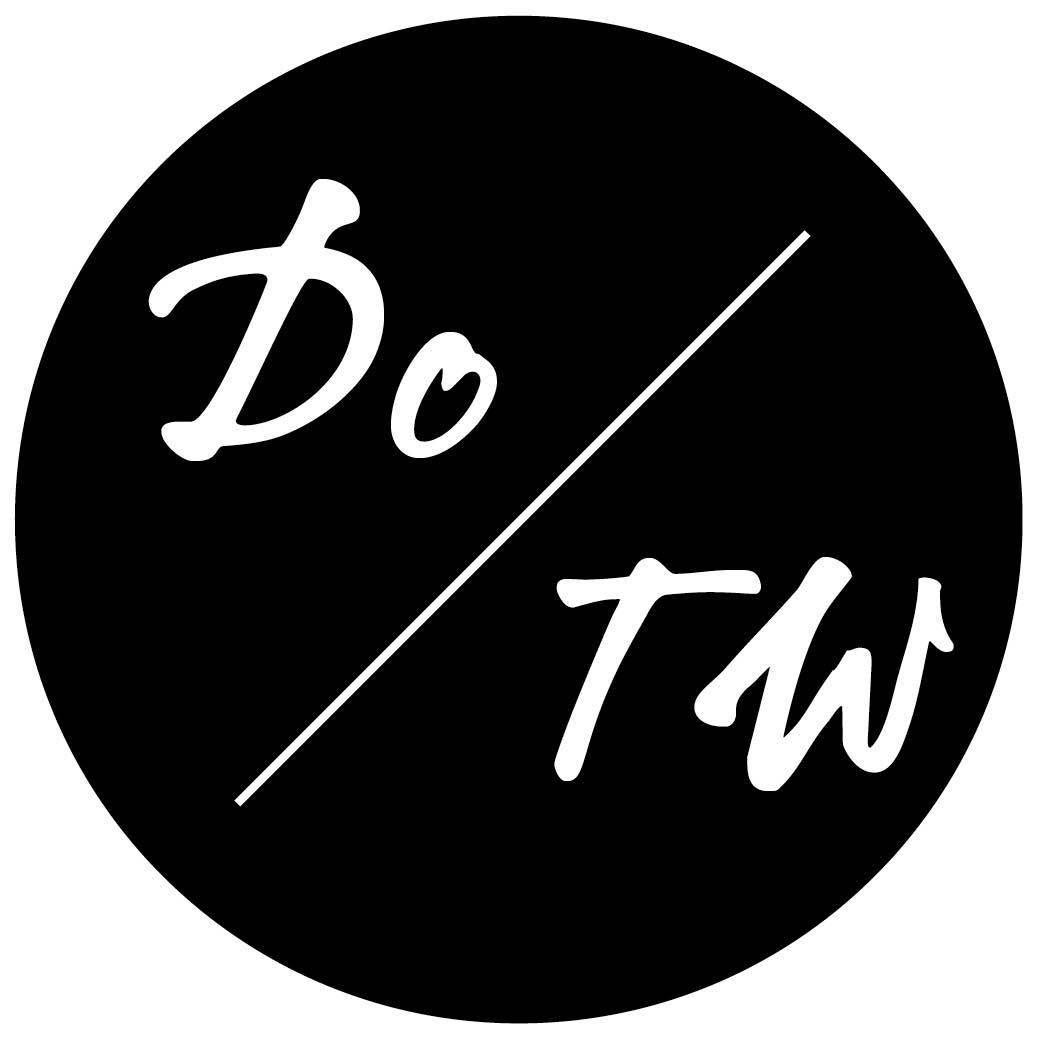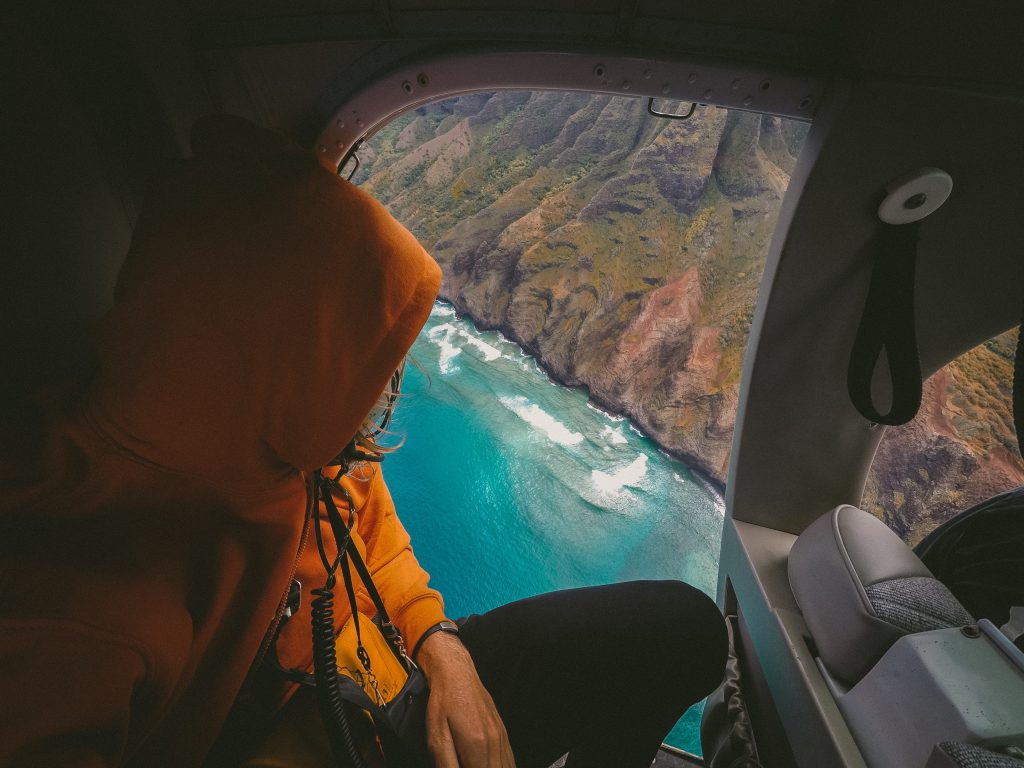Unless You Plan Your Research Around Specific Pitches, Press Trips Can Be a Serious Waste of Time
After I had left my job, decided running a food blog business full-time was not for me because it was too difficult (with international internet options at the time) for my travel plans, and started doubling down on freelance travel writing, I was confronted again and again by established travel writers who didn’t actually travel.
There appeared to be two camps:
- The ones who traveled incessantly for free but never really made any money because they primarily focused on low-hanging fruit for guaranteed assignments: placing stories on low- or none-paying websites.
- The ones with solid incomes and credentials (big ones like AFAR and Outside) who didn’t really travel that much.
- (There’s also a third category of those with great credentials and no money; they would go on feature assignments for six weeks at a stretch. We’ll look more at that category in a minute.)
In particular, an e-book on writing that I won as a giveaway in a webinar really laid out the reason why a lot of these writers who did have decent incomes weren’t traveling. As Bob Howells‘ e-book Write Where the Money Is appears to no longer be available, I wanted to excerpt the section I’m referring to for you:
If the story requires travel, I’m very judicious, even if all my expenses will be paid. That’s fine, but will the story pay enough to justify the out-of-office time?
(Here’s a dirty little secret about travel writing, which has long been my specialty: It almost never pays to travel–not even cool trips to beautiful places with all expenses paid.)
When you travel, you’re sending your CEO, CFO, and your marketing manager on the road. None of them will be getting much work done while traveling. All three are on a fact-finding mission that will only pay off when they–you–get the story written and accepted.
If a travel story requires 10 days on the road, a day or two or preparation, a day or two of receovery, several days to write, and possible some revision time, will the pay justify 15 to 18 days of work?
Say the magazine pays a buck a word. Stories aren’t running very long theese days, but let’s say the assignment is for a moderate 2,000 words or $2,000. Divide that by 17. Dive that by a conservative eight hours a day. I’d be working for less than $15 an hour. [emphasis mine]
You’ve heard me make similar calculations before, but more about the time you’re taking to write and pitch your work. We’ve looked before in-depth at how important it is to keep a close eye on your hourly rate. And if you’ve ever done coaching or a workshop with me, you know that the piece of advice that I always beg everyone to implement when they leave is to set up a time tracker.
But the dangers of letting your hourly rate sync by spending too much time on things that feel like work are never higher than with press trips and other research travel. Not even Facebook is this dangerous.
When Bob Howells says that he’s allotting eight hours a day to his calculations on the hours spent while traveling, he is overlooking a very important truth: It’s next to impossible to only put in an 8-hour day when you’re on a scheduled trip. Twelve hours would be at more appropriate conservative estimate I believe, thought I’m been on several where we’ve been scheduled for more like 16 or even 18 hours.
Does this boil down to Bob’s conclusion above, that you shouldn’t spend that much time traveling?
Not in my book!
It just means that you need to use the time you spend on your trip very wisely, and ideal double, triple, quadruple, quintuple dip with your research time as much as you can. Double dipping is something that points and miles travel writers always aim for. When you pay for something, like a flight, you get points with the credit card you paid for the flight with and also miles with the airline you’re flying with.
Then, if you’re very good, you’re also getting other types of points or miles at the same time, perhaps because the airline has a partnership with a hotel and also gives you hotel points when you fly with them.
This is what we need to do with our press trip time to make the out-of-office days make sense for our budget and income needs: Make sure that every activity or action we are taking on our press trip relates to a story (and preferably multiple stories) that we intend to pitch after the trip.
Sounds great, right? But how? And, what about pitching before the trip? Or when you’re not exactly sure of the itinerary? Or don’t know the destination very well?
Join us today at 12:00 pm EST / 9:00 am PST to learn about How to Prepare for Your Press Trips. Last week, we looked in detail about all of the things that you need to clarify expectations on before your press trip (including several recommendations of how to handle requests for itinerary changes, additional nights, and flights).
This week, we’ll look more about the story side of pre-trip preparation, including how to break your trip into stories, what is safe to pitch based on a limited itinerary or destination you’re not familiar with, and how to handle the catch-22 of pitching when you haven’t yet been accepted on a trip.
Register here and you’ll get the replay even if you can’t attend the event. The replay is available to registrants for one week, after which time it available for coaching students OR for purchase on demand in our Webinar Library!

